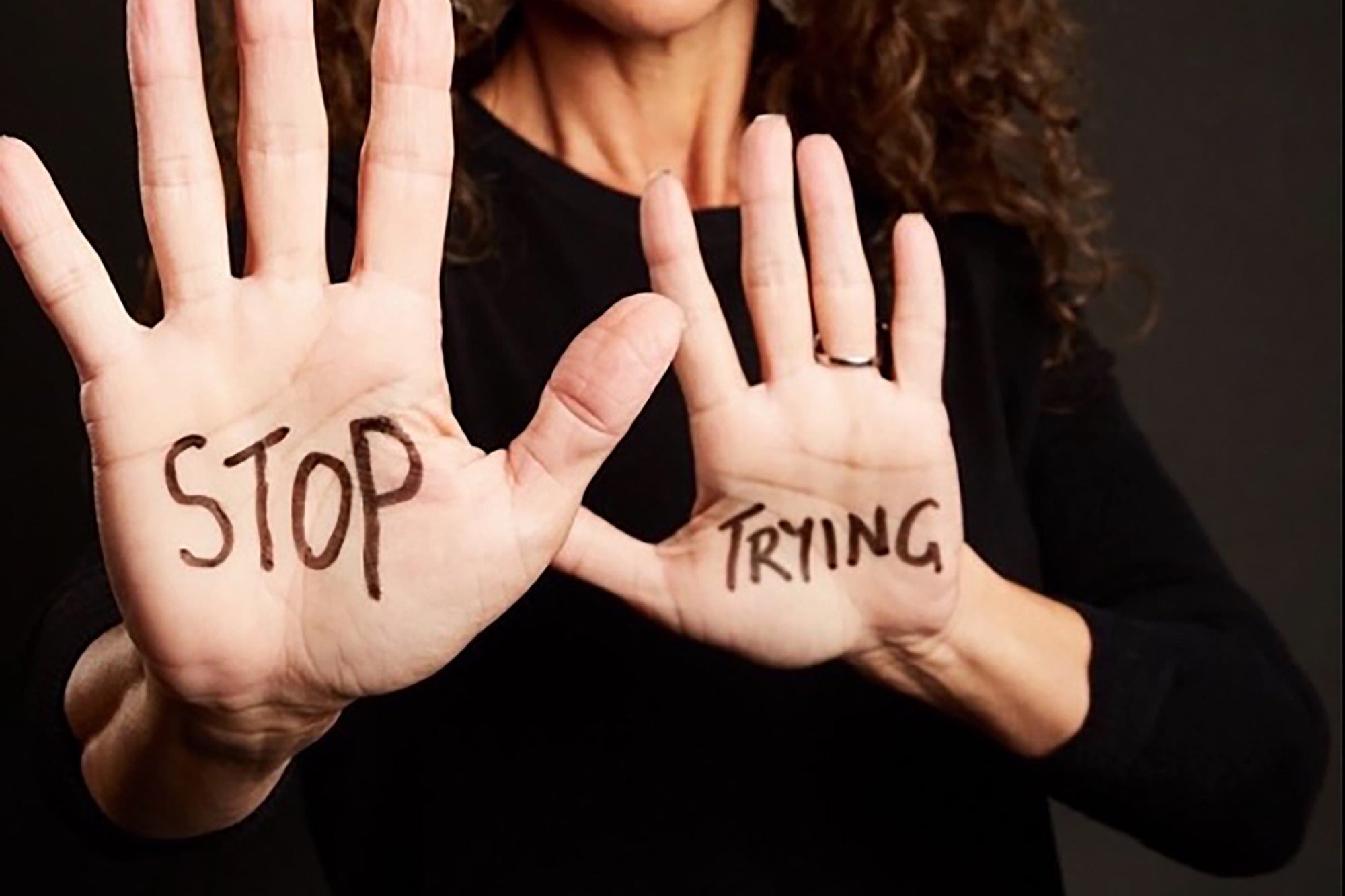Your Company Should Give Back (Even If You're Short on Cash) Here are two reasons why: Your customers and your team want you to.
By Jason Feifer
This story appears in the July 2020 issue of Entrepreneur. Subscribe »

 Rhone was hurting. The company sells men's activewear, and when the pandemic began, it had to shut down four stores and manage many wholesale losses. Its cofounders took large pay cuts, and employees' salaries were reduced 10 percent. Then, despite Rhone needing to conserve cash, its cofounders decided to give steep discounts to customers — and donate 2 percent of net sales to a nonprofit that helps frontline medical workers.
Rhone was hurting. The company sells men's activewear, and when the pandemic began, it had to shut down four stores and manage many wholesale losses. Its cofounders took large pay cuts, and employees' salaries were reduced 10 percent. Then, despite Rhone needing to conserve cash, its cofounders decided to give steep discounts to customers — and donate 2 percent of net sales to a nonprofit that helps frontline medical workers.
"Some could say, "We should be protecting ourselves first,' " says Rhone cofounder and CEO Nate Checketts. "But brands need to think about people before they just think about making money." And in an unexpected way, efforts like this are good for business. Rhone tracks employee sentiment across time and saw that after the company announced its charitable giving, satisfaction rates were way up. Sales went up, too.
In the past few months, many entrepreneurs have been thinking this way — offering free services, discounts, charitable contributions, and more. (Checketts is helping to organize many of them: He cofounded Brands x Better, a collection of 100-plus brands that commit to certain levels of giving.) He says there's a strong financial case to be made here. During crises, consumers tend to default to cheap and easily accessible products. When small and local brands step up to help, however, consumers become more willing to return.
Related: 10 Ways Small Businesses Can Give Back Without Breaking the Bank
"This deepens existing customer loyalty, because there is a level of confirmation bias," he says. "When you love a brand and you see a brand doing good, you're like, This is why I love that brand!"
Where should a brand donate? Don't overcomplicate it, he says. Some leaders may want to ask employees, or even vote on where the money goes. But that creates division, Checketts says: Employees will become attached to their ideas and disappointed if they lose. Instead, he advises leaders to pick a cause that feels natural…and then rally everyone around it.
He also cautions against being too self-promotional. People love good deeds — but not if they appear showy. (In a recent PRWeek/Morning Consult survey, 42 percent of adults said that brands try too hard to show off their social missions.) That's partly why Checketts cocreated Brands x Better. With an organization, he says, his PR department could focus on promoting the group's efforts — rather than just praising themselves.
"Think about your brand as a relationship," he says. "We all know the person who only comes to you when they want something, versus somebody who's there for you when you need them — and then if they ever need anything, they don't even need to ask." That's the kind of brand he wants to build.
Related: 5 Reasons You Need to Be Giving Back
4 Ways to Give: Good ideas, large and small.

1. Raise funds.
Thynk Global is a new Miami coworking space. Cofounders Maghan Morin and Jeanine Suah (from left) hosted a virtual "cowork danceathon"; funds raised would provide free coworking space around Miami for local entrepreneurs displaced by COVID-19.
 2. Change lives with cash.
2. Change lives with cash.
Larry Connor, CEO of the real estate company The Connor Group, made $1.6 million in the stock market during the pandemic's early days. He gave it all to employees in the form of bonuses, then pledged an extra $1.5 million as a small-business-loan program.

When racism began being directed to the Asian community, Meena Harris' Phenomenal Woman Action Campaign sold shirts that say phenomenally asian. Celebrities wore them, sales spiked, and net proceeds went to the National Asian Pacific American Women's Forum.
 4. Form a new organization.
4. Form a new organization.
Lillian Chan has spent 15 years in construction and knew her industry had unused N95 masks. So she swiftly created Give Armor, a group that matches excess supply of PPE with hospitals and clinics.










